Federal election 2022: Coalition and Labor plans to tackle cost of living
Scott Morrison says he can’t slice the price of a lettuce. So who is best to tackle the huge cost of living pressures facing ordinary Australians. We take a look at Labor and the Coalition’s key promises.
Soaring inflation, now at more than 5 per cent, the prospect of a series of interest rate hikes, average house prices that now top $1 million in some suburbs and staggering rent and fuel price increases have created a tsunami of pain among ordinary Australians.
So based on the recent announcements of the LNP and Labor, which is the best option on May 21, to provide some relief?
Labor is touting cheaper childcare, better wages growth, a stronger Medicare system, while also backing tax cuts announced by the Coalition.
The Coalition has already announced a cut to in the fuel excise for six months, until September, saving Australians 22 cents a litre.
There’s also $420 in cost of living tax offsets for more than 10 million lower and middle income earners.
Both sides of politics have pretty much ruled out ongoing payments or extending the fuel excise beyond September to help families facing rising costs.
One of the biggest cost of living increases will be rising interest rates.
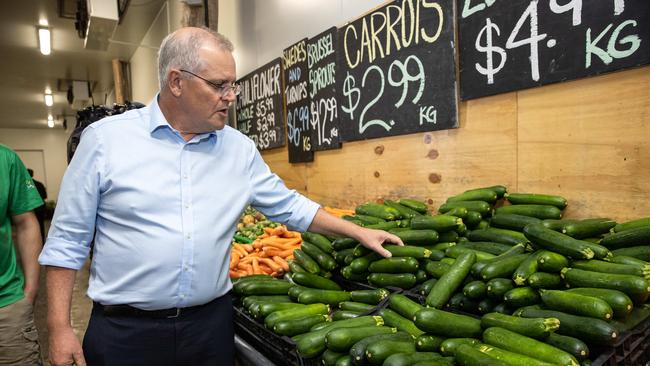
Some forecasts expect the Reserve Bank of Australia to increase the cash rate by 0.40 per cent in June and for it to be hitting 2 per cent by May next year.
For a borrower with a $500,000 mortgage on a variable rate, monthly repayments could rise by $513 by May 2023, if the cash rate gets to 2 per cent.
If the RBA raises the cash rate by 0.15 percentage points next week, your monthly repayment rises to $2,389, up $39.
Labor has put the ‘triple whammy’ of rising living costs, rising interest rates and low wages growth at the feet of Scott Morrison.
It claims it will work to increase wages for Australians, something experts say will only lead to more inflation, and higher living costs.
Mr Morrison has argued only the Coalition has the experience, expertise and detailed plans to steer Australia through what are expected to be very turbulent economic waters until at least the end of the year.
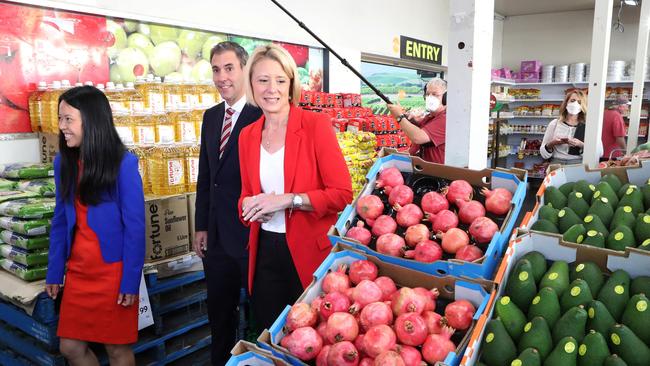
The PM said the Coalition had anticipated the rising costs of living and had factored that in with $250 payments to help millions of pensions and people on lower fixed incomes.
“You can’t necessarily change the prices of a lettuce, but what you can do is you can halve the petrol tax, and that’s exactly what we did,” Mr Morrison said.
“They’re the things you can do to help people dealing with those cost of living pressures, but we also have to be upfront about these pressures being real.”
He said things like recent huge surges in power price were due to the war in Europe.
“It’s one of the biggest energy price shocks we have seen since the 1970s. Now, they are things outside of our control,” he said.
“That’s why we have been focusing on the things that we can control.”
Let’s take a look at the key promises so far.
FRUIT AND VEGETABLES
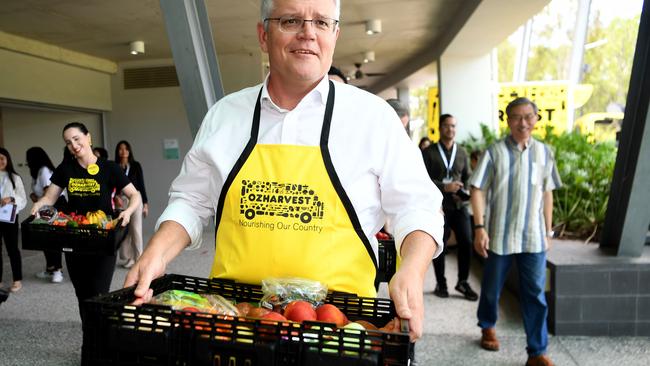
The Coalition says the fuel excise cut will reduce transport costs which should help bring downward pressure on prices.
Labor rolled out a campaign poster claiming that over the past year under Mr Morrison, the price of vegetables has risen by 12.7 per cent, the price of beef is up 12.1 per cent, and the price of coffee, tea, and cocoa is up by 8.2 per cent.
It says it will work to lower power costs, childcare, education and health costs to help families have more money.
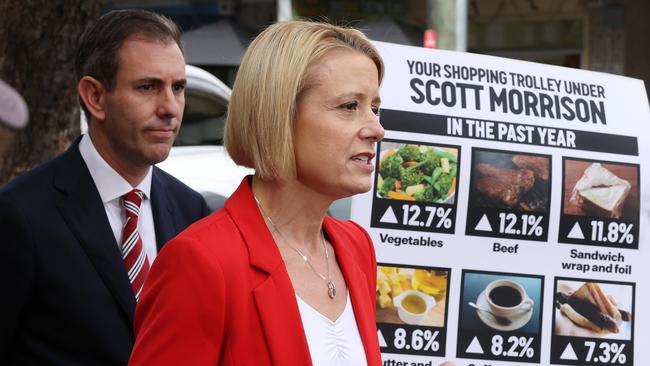
In reality, neither side can really promise short term relief on food prices which have been affected by everything from floods in Queensland and NSW to the lack of labour caused by the Covid pandemic to fuel prices caused by Russia’s invasion of Ukraine.
CHILDCARE
Labor says it will invest about $5.4 billion to make child care cheaper, starting from July 2023.
Labor says families will save up to $80 a week through increases in the child care subsidy rate.
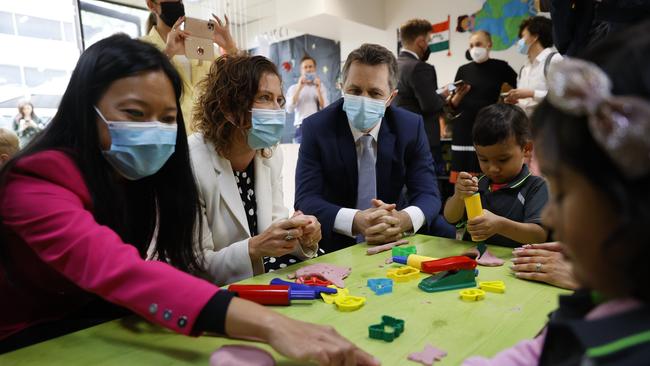
It says the maximum rate will increase to 90% for the first child in care
Labor says 96 per cent of families will be better off, with no-one penalised for taking extra hours, extra days or a job.
The Morrison Government says under Labor child care fees increased by 53 per cent over the six years it was last in office.
The Coalition says it has increased the child care subsidy by 30 per cent for second and subsequent children in a family aged five or under in child care, up to a maximum rate of 95 per cent.
It says it has also removed the annual subsidy cap of $10,655 for families earning over $190,015 so that no family has an annual cap on their subsidies.
Those changes mean 250,000 families across Australia will be on average $2,260 a year better off.
Around 50 per cent of eligible families will receive the maximum 95 per cent subsidy for their second or third child in care.
POWER PRICES
Labor has announced a plan to spend $40 billion to ‘rewire the nation’ by investing in a better electricity transmission system to take full advantage of cheaper renewable energy solutions.
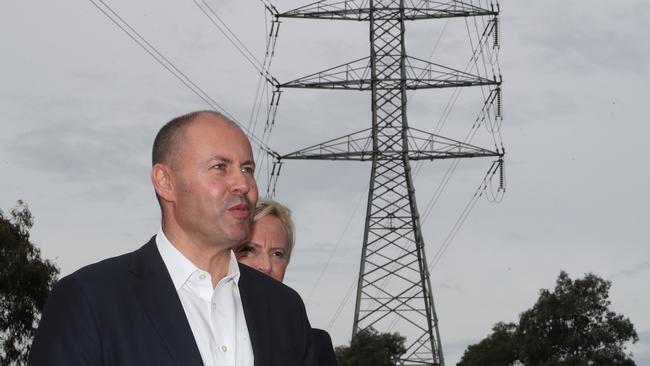
It says the plan will create thousands of new jobs, particularly in regional areas, revitalising industries like steel and aluminium and allow growth in new sectors like hydrogen and battery production.
The Coalition says during the six years of Labor government, power prices doubled, while it claims power prices have fallen 8% for households and 10 per cent to 12 per cent for businesses. It says the ‘goldplating’ of transmission lines plan will only had to power costs.
The government says has worked to reduced prices by banning sneaky late payment penalties, by forcing big energy companies to pass on saving along with other measures, saving businesses hundreds of dollars a year and households a couple of hundred dollars.
TAXES
The Morrison government says more than 12 million taxpayers will receive extra tax relief of up to $2,565 for individuals or $5,130 for couples in 2022-2023 under its plan announced in the most recent Budget.
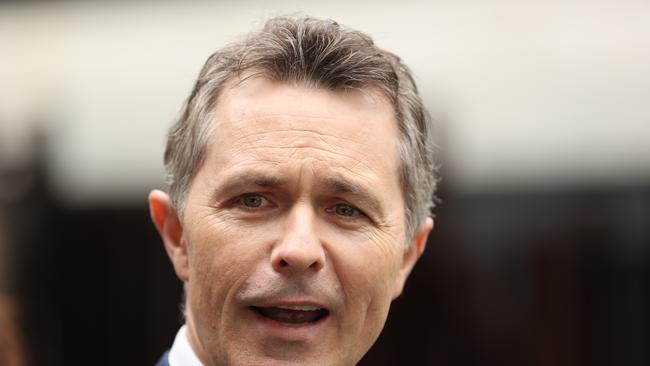
Labor has also backed the reduced taxes.
Labor has also announced a tax crackdown to raise $1.9 billion over four years by targeting multinational companies, including firms “stashing profits in the Cayman Islands”.
The policy would clamp down on companies using debt to avoid paying tax, and introduce transparency measures to reveal links to tax havens – described as the “hidey holes for ill-gotten gains”.
HEALTH CARE
The Coalition says it has lifted the bulk billing rate in Australia to 88.8 per cent, up from 82 per cent when Labor was last in office.
It says since it came into government, more than 2900 medicine listings worth $15 billion have been added to the Pharmaceutical Benefits Scheme.
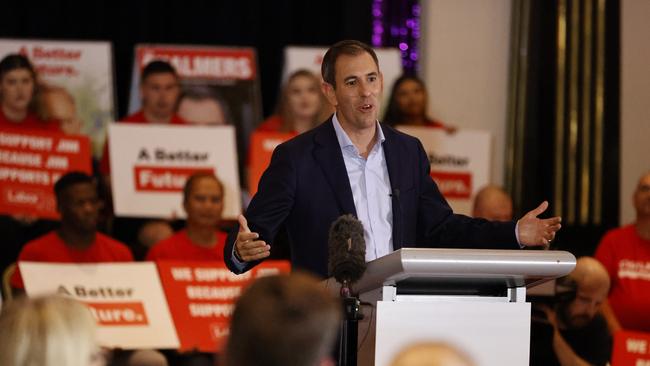
The Morrison government has just announced further savings, with the price of PBS listed medicines to be dropped $10 to $32.50 a script in a $155 million a year package.
It would be a $120 a year saving to any one-on-one script per month, with the savings to come in from January 1 next year.
Labor has promised to deliver at least 50 Medical Urgent Care Clinics, to take pressure off our emergency departments.
The clinics will bulk bill, meaning there will be no out of pocket expenses.
The new clinics will be based in existing GP clinics and community health centres.
EDUCATION
Labor has promised 465,000 fee-free TAFE places for Australian students studying in industries with a skills shortage, including 45,000 new places.
It has also promises to deliver up to 20,000 extra university places over 2022 and 2023.
The Coalition has promised $5,000 payments to new apprentices and up to $15,000 in wage subsidies for employers who take them on.
It says the budget includes a $3.7 billion investment, supporting an additional 800,000 training places.
To further encourage small businesses, a $120 deduction will be provided for every $100 spent on training staff, or on digital technologies.
BUYING A HOME
The Coalition says it has helped more than 300,000 Australians purchase a home since 2019.
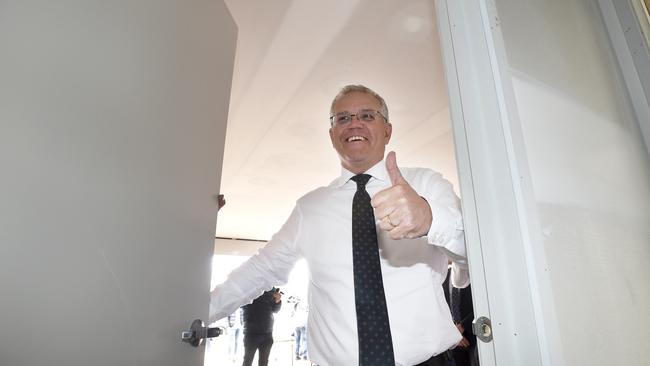
It has expanded voluntary contributions to save for a home deposit under the First Home Super Saver Scheme from $30,000 to $50,000.
This year it is expanding the First Home Guarantee by providing 35,000 places each year, up from 10,000 per year – helping people build or buy a new home with a 5 per cent deposit.
It is also promising to help 5000 single parents to purchase a home with a 2 per cent deposit.
Labor has promised 20,000 social housing properties – 4,000 of which will be allocated for women and children fleeing domestic and family violence and older women on low incomes who are at risk of homelessness.
It is also touting 10,000 affordable homes for the frontline workers like ‘police, nurses and cleaners who kept us safe during the pandemic’.
Got a story tip? Email us at federalelection@news.com.au
Know some goss or seen something in your electorate? Contact us at election.confidential@news.com.au
More Coverage
Originally published as Federal election 2022: Coalition and Labor plans to tackle cost of living





